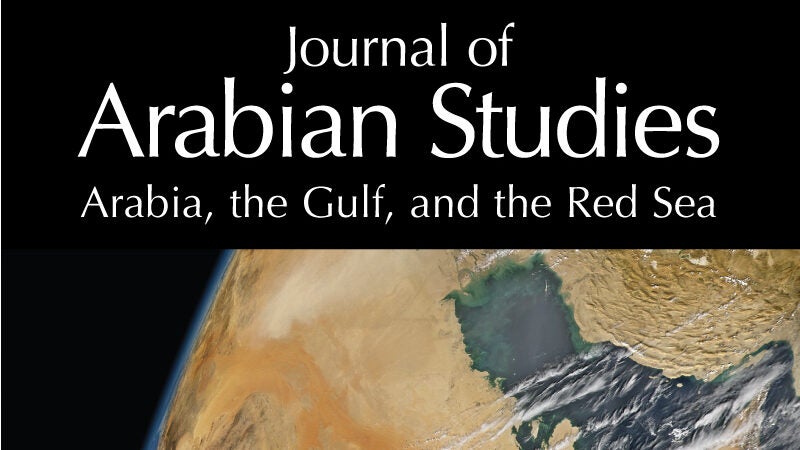Energy Security in Qatar
Managing National Security Risk during and after the Blockade: Strategic Challenges and Opportunities for Qatar’s Energy Sector
About the Project
“Managing National Security Risk during and after the Blockade: Strategic Challenges and Opportunities for Qatar’s Energy Sector” is a multi-year research project funded by Qatar National Research Fund (NPRP12S-0210-190067). It examines how Qatar’s energy sector has managed its national security risk since the start of the blockade launched against it in June 2017, and how the evolving strategic environment has resulted in new challenges and opportunities in the future. Dr. Rory Miller led the project in collaboration with Dr. Steven Wright and Dr. Damilola Olawuyi, Hamad Bin Khalifah University; Dr. Oz Hassan, University of Warwick, Dr. Ismail Numan Telci, Sakarya University; and Dr. Fahad Al-Marri, General Retirement & Social Insurance Authority.
This project begins by examining the role of Qatar’s energy sector as a strategic instrument in a small state under blockade, identifies national security challenges and opportunities that policymakers are likely to encounter in the future as they engage with key regional and international energy partners unilaterally and through bilateral and multilateral frameworks, and proposes a menu of strategic, security, legal and regulatory options available to Qatar in the future to enable it to manage those challenges and to capitalize on those opportunities.
Key Research Themes
- Qatar’s energy sector in the context of country’s long-term strategic engagement in the international system and its shorter-term responses to the blockade. In doing so, it will develop an innovative energy-strategy nexus framework to aid in assessing and understanding the inter-relationship between energy capabilities and strategic planning in a small, energy-rich state.
- Profile of emerging risks in managing international energy investments and offer ways to address them over the longer-term.
- Strategic implications flowing from the challenges and opportunities that will present themselves in Qatar’s evolving energy relationships with six major international actors (China, Japan and South Korea, the United States, the United Kingdom and Russia) and two key regional actors (Turkey and Iran). In an era of uncertainty and flux, unpacking these case studies facilitates an exploration of the range of dynamics Qatar will face in the future in its role as a global energy actor of the first rank.
Outcomes
This multi-level investigation will present key findings to end-users in a final report that includes a series of detailed recommendations. It is intended that these innovative, tangible and actionable outcomes will foster an improved understanding among end-users and other stakeholders of the ways that Qatar can manage the risks, address the challenges and seize the opportunities that its vital energy sector will encounter in the future.

Miller, Rory. 2020. “Qatar, Energy Security and Strategic Vision in a Small State,” Journal of Arabian Studies, 10, no. 1: 122-138.
This paper examines Qatar’s rise as a global gas power since the 1990s and the country’s evolving strategic vision. It assess the centrality of gas power to the decision to prioritize long-term strategic positioning over short-term stability. It concludes with an assessment of how Qatar has used its gas power to achieve its strategic objectives since the embargo launched in 2017.

Miller, Rory, 2024. “Qatar–Türkiye relations during the embargo of Qatar: a case study in derivative power”, International Politics, open access, August 14, 2024.
This paper assesses the extent that the concept of derivative power—whereby a small state derives power by convincing a larger state to take actions that boost its interests—played a role in driving forward this relationship during the embargo of Qatar between 2017 and 2021.

Miller, Rory, Fahad Al-Marri, Si Liu. 2022. “Transforming the Renewables Sector in the Gulf: The Evolving Strategies of Qatar, Saudi Arabia and the UAE.” Al Jazeera Center for Studies.
This paper looks at how three of the major Gulf energy actors – Saudi Arabia, Qatar and the United Arab Emirates – have reacted to the pressures of recent geopolitical developments as well as the longer-term trend of the global shift towards cleaner energy.